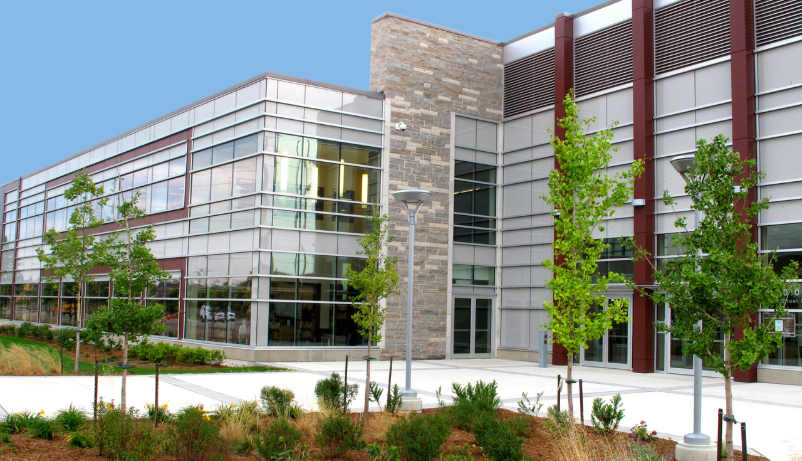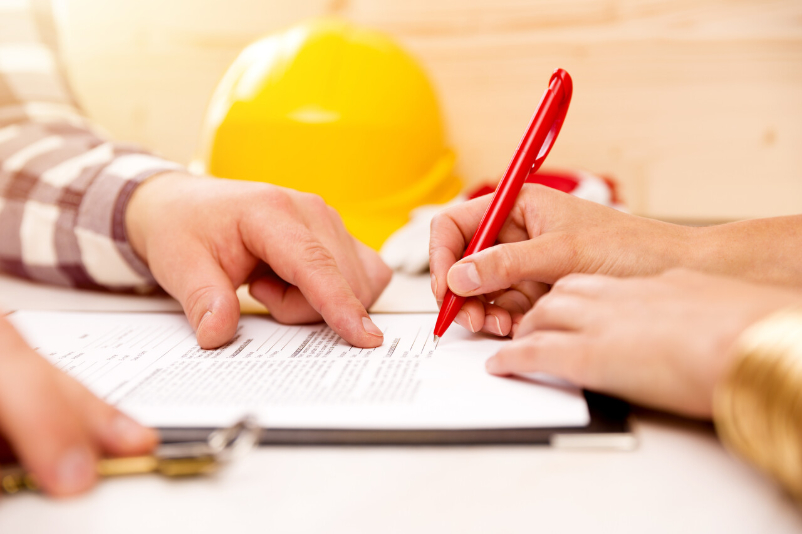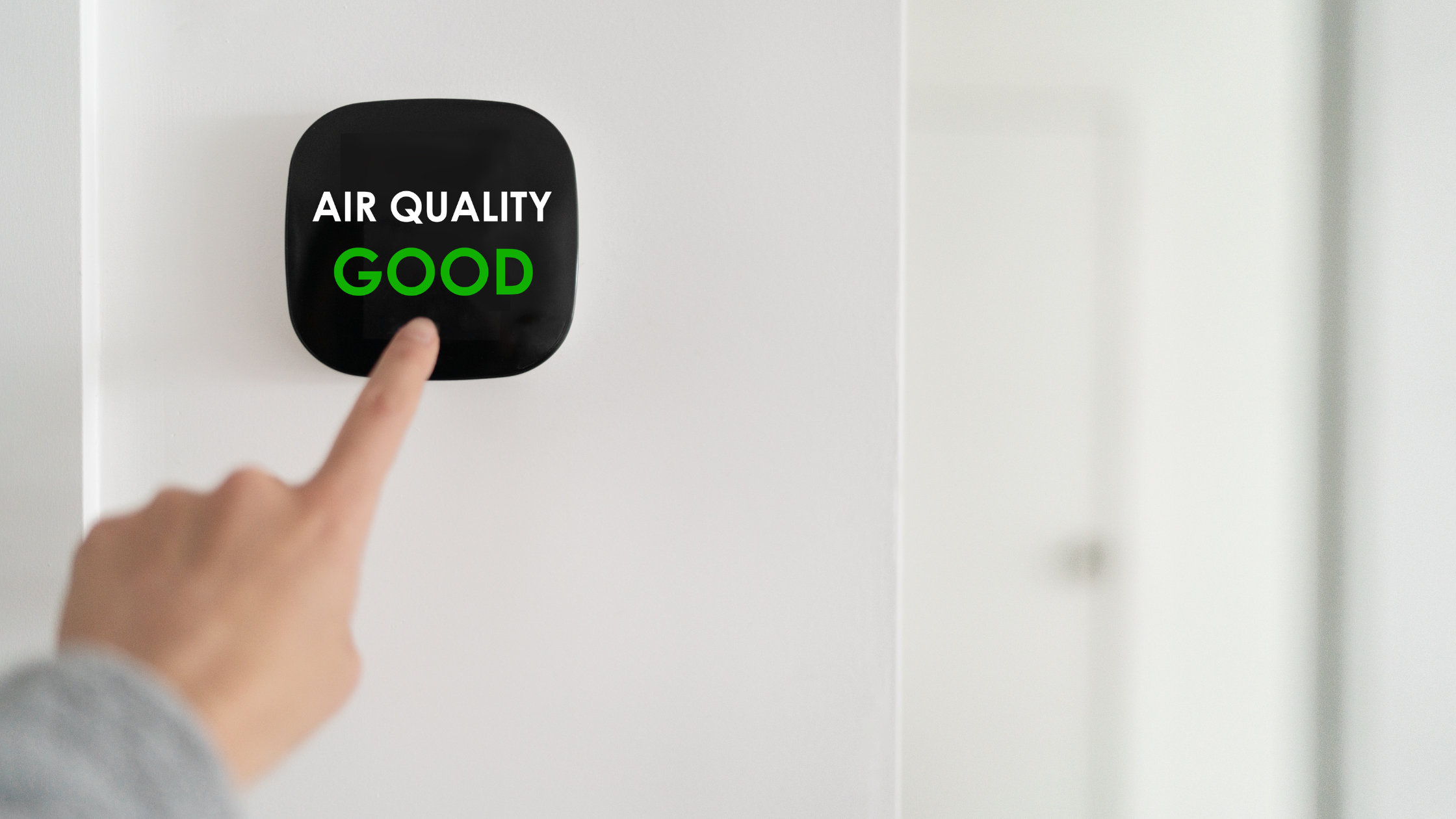How Metal Roofing Can Extend the Life of Your Commercial Building
When managing a commercial property, choosing the right roofing material is a pivotal decision that can significantly influence the longevity and overall health of your building. Metal roofing stands out as a robust choice, especially for commercial flat roofing, offering an array of benefits that extend beyond mere durability. By understanding these advantages, property managers can make informed decisions that safeguard their investments.
The Durability of Metal Roofing for Commercial Buildings
Metal roofing is renowned for its exceptional durability. Unlike traditional roofing materials, metal is designed to withstand severe environmental conditions such as heavy rain, high winds, and even hailstorms. This level of resilience is particularly advantageous for commercial buildings, where flat roofs are more prone to issues like water pooling. Metal roofs, when properly maintained, can have a lifespan of up to 50 years or more. In contrast, traditional asphalt shingles typically need replacement every 20 years. This longevity means fewer disruptions to building operations and significant long-term savings on repair and replacement costs. The robustness of metal roofing also translates to enhanced structural integrity, reducing the risk of roof collapse under heavy snow or debris. Additionally, metal roofs have high fire resistance ratings, providing an extra layer of safety for commercial properties. These attributes make metal roofing a superior choice for commercial flat roofing, offering a reliable, long-term solution that stands up to the rigors of various environmental challenges. The investment in metal roofing pays off not only in durability but also in the reduced frequency and cost of repairs, ensuring the protection and functionality of your commercial building for decades.
Cost-Effectiveness Over the Long Term

While the initial investment for metal roofing may be higher than other materials, the long-term cost-effectiveness is undeniable. Metal roofs often require less frequent repairs, saving on maintenance expenses over time. Additionally, they contribute to energy efficiency. For instance, cool roofs, a subset of metal roofing, can reflect more sunlight and absorb less heat. This characteristic can lower building air conditioning costs and alleviate the burden on the electrical grid during peak energy periods reducing the strain on the electrical grid during high energy demands.
Environmental Benefits and Sustainability

Metal roofing stands out for its impressive environmental benefits, making it an excellent choice for those seeking sustainable building solutions. Many metal roofs are crafted from recycled materials and can be fully recycled at the end of their lifespan, reducing landfill waste and conserving resources. Additionally, metal roofing systems can be coated with reflective materials to enhance energy efficiency, helping to lower cooling costs. For example, a clean white metal roof can reflect up to 80% of sunlight, remaining about 50°F cooler than a traditional grey roof, which reflects only 20% of sunlight. This temperature difference significantly reduces the need for air conditioning, contributing to energy conservation and lower utility bills according to Lawrence Berkeley National Lab's Heat Island Group.
Another noteworthy environmental advantage is the reduction of urban heat islands. Urban areas often suffer from increased temperatures due to the concentration of buildings and paved surfaces. By reflecting more sunlight, metal roofs help to cool the surrounding environment, mitigating this effect.
The sustainability of metal roofing extends beyond energy savings and recycling. It also involves less frequent replacement compared to other materials, resulting in fewer resources being consumed over the building's life cycle. By choosing metal roofing, you not only ensure a durable and long-lasting solution for your commercial property but also contribute to a greener, more sustainable future.
Enhancing Structural Integrity and Safety
Metal roofing inherently strengthens the structural integrity and safety of commercial buildings. One of the primary benefits is its remarkable resistance to various forms of stress. The interlocking panels of metal roofs create a cohesive and robust barrier that can withstand significant weight, minimizing the risk of collapse under heavy snow or debris accumulation. This structural advantage is critical for buildings in regions prone to severe weather conditions, ensuring that the roof remains intact and secure.
Additionally, the fire-resistant properties of metal roofing cannot be overstated. Metal roofs are non-combustible and boast high fire resistance ratings, providing an extra layer of protection against potential fire hazards. This feature is particularly valuable for commercial properties that house high-value equipment, sensitive data, or hazardous materials, where the risk of fire could have catastrophic consequences.
Metal roofing's ability to endure extreme weather conditions, such as high winds, hail, and heavy rainfall, also plays a significant role in maintaining the overall safety of the building. Unlike traditional materials that may crack, warp, or deteriorate over time, metal roofing maintains its structural integrity, reducing the likelihood of leaks and other damage that could compromise the safety of the building's occupants and contents.
Moreover, metal roofing systems often include advanced coatings and finishes that further enhance their durability and resistance to corrosion. These coatings protect against rust and deterioration, ensuring that the roof remains a strong and reliable protective layer for many years.
Investing in metal roofing is a strategic decision that enhances the structural integrity and safety of your commercial building, offering peace of mind in knowing that your property is well-protected against a wide range of potential threats.
Aesthetic Flexibility and Modern Design Options
Metal roofing has evolved far beyond its industrial origins, now offering a spectrum of design possibilities that can elevate the look of any commercial property. Modern metal roofing comes in various colors, textures, and styles, allowing you to select options that harmonize with your building’s architectural aesthetic. Whether you prefer the sleek lines of standing seam panels or the traditional appearance of metal shingles, there’s a design to suit every taste.
Today’s metal roofs can mimic the look of more traditional materials like slate, clay tiles, or even wood shakes, providing the aesthetic appeal without the associated maintenance challenges. This versatility means you can achieve a high-end look that aligns with the character of your building, all while benefiting from the durability and longevity that metal roofing offers.
Additionally, advanced coating technologies allow for vibrant, fade-resistant colors that maintain their visual appeal over time. These coatings not only enhance the appearance but also add an extra layer of protection against the elements, ensuring your roof looks great for years to come.
Architects and designers increasingly turn to metal roofing for its ability to integrate seamlessly with various building styles, from contemporary to classic. This adaptability extends to both new constructions and renovations, making metal roofing a versatile option for any project. By choosing metal roofing, you’re investing in a solution that delivers both function and form, enhancing the overall aesthetic and market value of your commercial property.
Finding a Reliable Roofing Company for Installation

Choosing the right roofing company is pivotal to ensuring that your metal roofing system delivers its full benefits. Start by seeking out contractors with extensive experience in commercial metal roofing projects. Look for companies with a proven track record, and don’t hesitate to ask for client testimonials or case studies that highlight their expertise.
AWhen evaluating potential contractors, it's essential to check their credentials. Verify that they are properly licensed and insured to protect yourself from any liabilities that might arise during the installation. A reputable roofing company will be transparent about their qualifications and readily provide proof of their certifications and insurance coverage.
AAdditionally, consider the range of services offered. A comprehensive provider will not only handle the installation but also offer maintenance programs and warranty options to ensure the longevity of your investment. It's worth noting that a good warranty can be a sign of a company's confidence in their workmanship and the materials they use.
ACommunication is another key factor. A reliable contractor will keep you informed throughout the project, from initial consultation to final inspection, ensuring that you understand each step of the process. This open line of communication helps to align expectations and facilitates a smoother installation experience.
Reducing Downtime and Disruptions During Installation
Minimizing operational disruptions during roofing installation is crucial for maintaining business continuity. Fortunately, metal roofing installations are generally more efficient and less intrusive compared to other types. Skilled roofing contractors can often complete the installation swiftly, thanks to the relatively lightweight and modular nature of metal panels.
Advanced planning and coordination with a professional roofing company can further streamline the process. Contractors can schedule work during off-peak hours or weekends, reducing the impact on daily operations. Additionally, some companies offer phased installation plans, which allow sections of the roof to be completed incrementally, ensuring that significant portions of the building remain functional throughout the project.
Effective communication between the contractor and property management is key to minimizing disruptions. Regular updates on project timelines and any potential issues help keep everyone informed and prepared. This proactive approach not only helps in reducing downtime but also ensures a smoother, more predictable installation process.
Moreover, metal roofing installations often involve fewer complications related to debris and waste, making the work environment cleaner and safer for both workers and building occupants. By choosing experienced contractors and planning meticulously, businesses can benefit from a high-quality metal roof with minimal interruptions to their operations.
Posts by Tag
Recent Posts
Popular Posts
Selecting the appropriate roofing system is...
The connection between the quality of our...
Recent Posts
When faced with Emergency Commercial Roof...
As hurricane season approaches, property managers...







